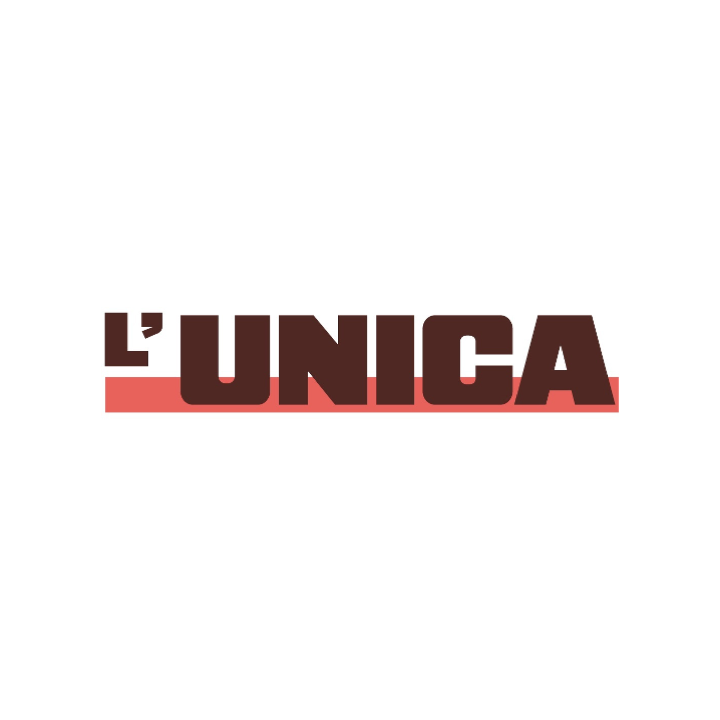The project stands to particularly benefit socially and economically marginalised citizens, who tend to be disengaged from national news—often perceived as distant and irrelevant—and who are more interested in topics that have a tangible impact on their daily lives. These groups include working-class families, immigrant communities, young people, women, and gender minorities, whose experiences and contributions are frequently underreported in national journalism.
In spring 2025, The Fact-Checking Factory Srl (TFCF Srl) launched “L’Unica” (https://lunica.news/), a local journalism initiative delivering one in-depth story per week via a free newsletter. This initiative was designed to address the gap left by the decline of traditional provincial newspapers, which have lost relevance, resources, and readership—leaving many communities without reliable local news coverage. Initially piloted in four provinces of the Piedmont region (Alessandria, Asti, Cuneo, and Torino), each edition of L’Unica focuses on a single underreported story of strong local relevance, written by a journalist based in the area.
Thanks to this grant, TFCF will be able to expand L’Unica to the province of Genoa—Italy’s second most significant provincial capital—which reflects many of the broader challenges facing local journalism across the country.
The objective is to build a weekly newsletter that provides residents of Genoa with high-quality local journalism on pressing issues often overlooked by the national press, such as public services, housing, climate, infrastructure, and migration. Each edition will centre on a single theme or issue of genuine local impact, reported in depth, thoroughly fact-checked, and written in clear, accessible language.
L’Unica Genoa aims to offer journalism that is locally grounded, politically independent, and publicly engaged. Its purpose is not to compete with breaking news, but to complement it with meaningful context and reporting that informs public debate and democratic participation.
The Fact-Checking Factory Srl (TFCF Srl) is an Italian company founded in 2013 with the mission of improving the quality of public discourse and combating disinformation through accurate, data-driven journalism and media literacy initiatives.
TFCF runs two major fact-checking projects: Pagella Politica, which focuses on political fact-checking in Italy, and Facta, which addresses misinformation on topics such as health, climate, and migration. The organisation has also recently launched a media literacy programme (the DORA e-learning platform) and the local journalism project L’Unica, which highlights underreported stories from across Italian regions.
Goals (Expected) of the Project
The project will restore access to reliable local journalism in underserved communities, beginning with Genoa. It will address unmet information needs and amplify underrepresented voices.
In many parts of Italy—particularly small towns and less populated provinces—traditional local media outlets have either disappeared or become weak and unreliable. Consequently, large segments of the population have limited access to independent, accurate local reporting.
This project aims to meet legitimate local information needs that have a direct impact on residents’ lives: from access to public services and education, to environmental hazards and the performance of local institutions. It also seeks to increase visibility for issues often ignored by national or regional outlets, such as local injustices, civic engagement, and grassroots solutions. Crucially, the project will amplify the voices of underrepresented communities—including women, young people, immigrants, and working-class residents—who are frequently excluded from mainstream narratives.
The project will serve as a pilot for a community-driven model of local journalism that is editorially independent, financially sustainable (in the medium term), and scalable to other regions. Although the focus is on a single city and province, workflows and audience engagement strategies are being designed to provide a blueprint for replication in other local contexts.
The initiative will support emerging journalists—particularly young reporters and those from marginalised backgrounds—by commissioning freelance contributions, offering editorial mentorship, and encouraging new formats of civic and participatory journalism.
By consistently producing stories that are well-sourced, transparent, and grounded in community concerns, the project aims to rebuild public trust in journalism. The ultimate goal is to challenge perceptions of journalism as distant, partisan, or irrelevant, and to replace them with a model based on accountability, clarity, and public collaboration.

